Irish farmers will be hit with wetter winters and drier summers in the years ahead, according to Met Éireann.
Farmers will see a decrease in the frequency of cold winter nights and up to a 10-fold increase in the frequency of warm (>15°C) summer nights by 2030.
There will also be an increasing number of heatwaves by the end of the century. However, due to higher winter rainfall, precipitation is set to increase annually overall.

Farmers are facing wetter winters and more annual rainfall in the years ahead, said Met Éireann. / Donal O'Leary
The climate projections were outlined on Monday as part of Met Éireann’s new TRANSLATE initiative.
TRANSLATE brings together all previous climate projections of relevance for Ireland, enhancing and improving their confidence and robustness and it combines them into one national resource, free to use for the wider public.
The initiative was launched at the European Climate Change Adaptation Conference 2023 (ECCA), being held in Dublin this week.
Planning
Met Éireann’s new climate projections resource is aimed at supporting the many communities and users affected by the impacts of climate change, ranging from school teachers to engineers and from sectoral planners to policy makers.
Commenting on the launch, head of climate services at Met Éireann Keith Lambkin said TRANSLATE is a “critical step forward in the provision of robust climate services in Ireland”.

Drier conditions with higher summer temperatures will be seen over the next decade, said Met Éireann.
“Easily accessible and understandable climate information is vital to support decisions which address key climate issues and risks that impact the public and all sectors of society, including the energy sector,” he said.
Outlook
Met Éireann included a number of temperature data points in its climate projections for the rest of the decade.
TRANSLATE includes projections that maximum Irish summer temperatures could increase by as much as 3.8°C by 2030 if action on climate change is ‘late’.
In a best-case scenario, even if action on climate change is early, such summer temperatures could be up by as much as 1.1°C.
Overall, average Irish temperatures are up by 1°C since the early 1990s.
Read more
2022 second-warmest year on record for Europe
Irish farmers will be hit with wetter winters and drier summers in the years ahead, according to Met Éireann.
Farmers will see a decrease in the frequency of cold winter nights and up to a 10-fold increase in the frequency of warm (>15°C) summer nights by 2030.
There will also be an increasing number of heatwaves by the end of the century. However, due to higher winter rainfall, precipitation is set to increase annually overall.

Farmers are facing wetter winters and more annual rainfall in the years ahead, said Met Éireann. / Donal O'Leary
The climate projections were outlined on Monday as part of Met Éireann’s new TRANSLATE initiative.
TRANSLATE brings together all previous climate projections of relevance for Ireland, enhancing and improving their confidence and robustness and it combines them into one national resource, free to use for the wider public.
The initiative was launched at the European Climate Change Adaptation Conference 2023 (ECCA), being held in Dublin this week.
Planning
Met Éireann’s new climate projections resource is aimed at supporting the many communities and users affected by the impacts of climate change, ranging from school teachers to engineers and from sectoral planners to policy makers.
Commenting on the launch, head of climate services at Met Éireann Keith Lambkin said TRANSLATE is a “critical step forward in the provision of robust climate services in Ireland”.

Drier conditions with higher summer temperatures will be seen over the next decade, said Met Éireann.
“Easily accessible and understandable climate information is vital to support decisions which address key climate issues and risks that impact the public and all sectors of society, including the energy sector,” he said.
Outlook
Met Éireann included a number of temperature data points in its climate projections for the rest of the decade.
TRANSLATE includes projections that maximum Irish summer temperatures could increase by as much as 3.8°C by 2030 if action on climate change is ‘late’.
In a best-case scenario, even if action on climate change is early, such summer temperatures could be up by as much as 1.1°C.
Overall, average Irish temperatures are up by 1°C since the early 1990s.
Read more
2022 second-warmest year on record for Europe






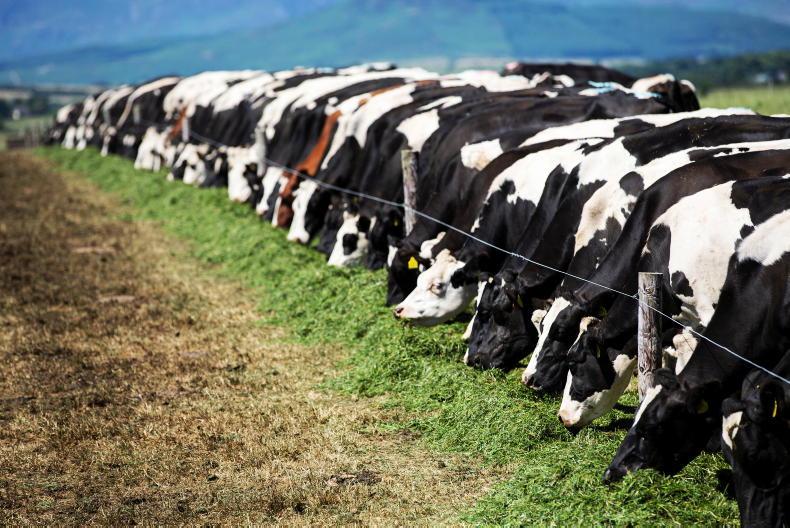
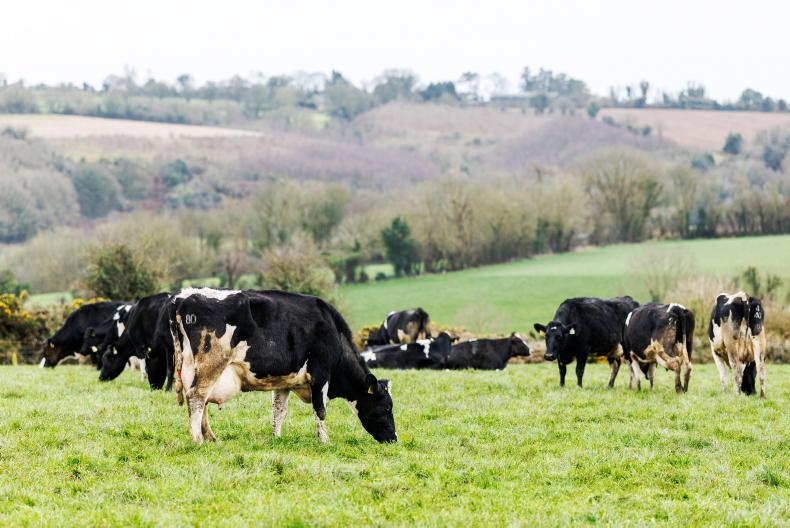

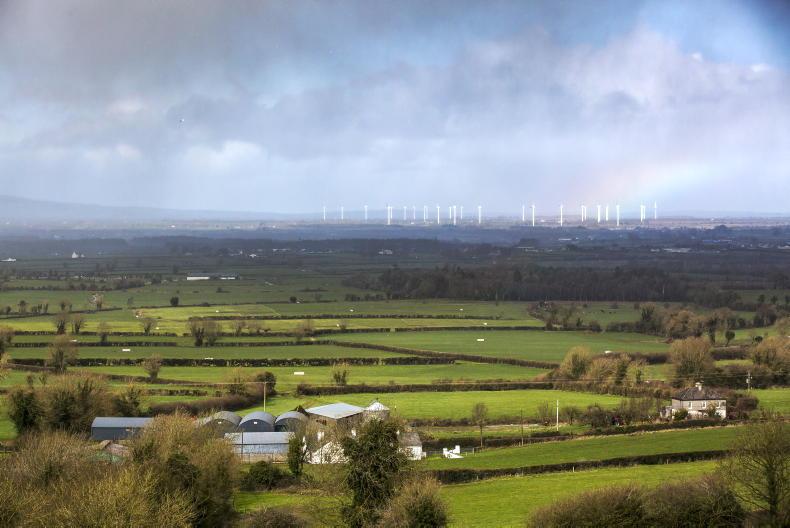
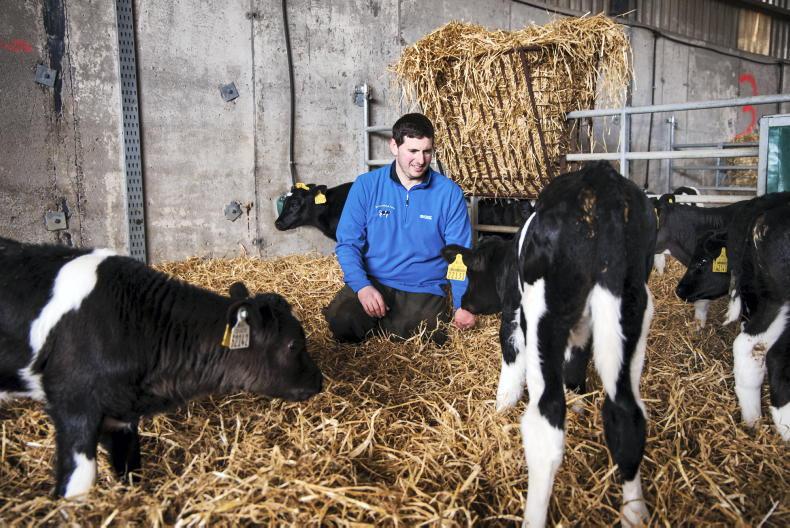
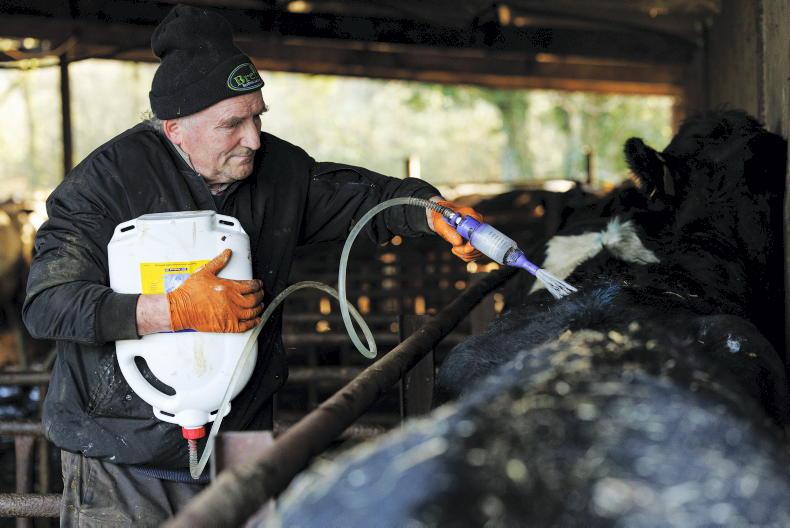
SHARING OPTIONS